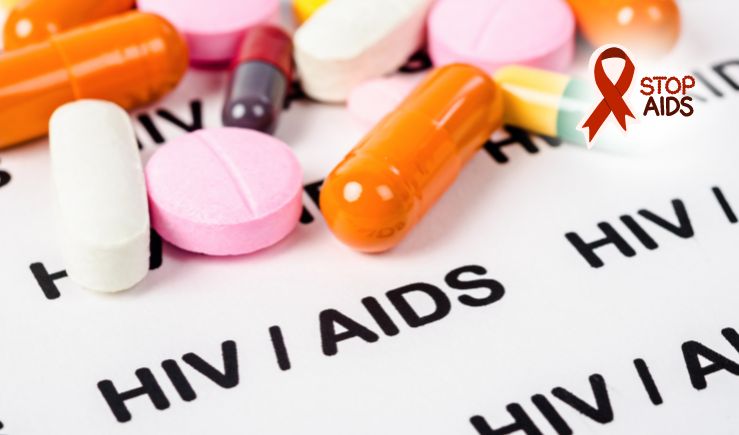Striving for an era in which HIV/AIDS is actually maintained at a manageable state or potentially eradicated requires being alert and active In it.
Deadly AIDS—Its Symptoms, Causes, and Prevention
Acquired Immunodeficiency Syndrome, otherwise known as AIDS, is one of the significant diseases caused by the Human Immunodeficiency Virus (HIV). It attacks the immunological system of the human body, specifically the CD4 cells (T cells), which are responsible for combating different infections. HIV reduces the number of such cells if not treated, after which the body becomes vulnerable to infections and some types of cancers. Understanding AIDS means being aware of its symptoms, causes, and prevention methods.
The need to manage AIDS cannot be overemphasized. AIDS is not just a medical condition; it impacts greatly the social and economic facets of individuals and their respective communities. A stigma that surrounds HIV/AIDS could mean discrimination, thereby further compounding complexities in living for such individuals. Second, it will make a difference if we all educate ourselves and others regarding the causes, symptoms, and prevention of HIV/AIDS, to create a more supportive environment that would encourage testing, treatment, and adoption of preventive measures against this deadly disease. We all need to stay updated and proactive towards this deadly disease for this future with an ‘effectively managed’ and ‘eradicated’ stamp against HIV/AIDS.
Symptoms of AIDS
These symptoms of AIDS are quite varied and can be greatly debilitating because of the reduced immune system. They include:
- Acute HIV Infection
- Fever
- Chills
- Rash
- Night sweats
- Muscle aches
- Sore throat
- Fatigue
- Swollen lymph nodes
- Mouth ulcers
- Clinical Latency Stage
This stage may last several years; during this time, the virus continues to be active at very low levels of reproduction. Many people may not show symptoms during this phase.
- Progression to AIDS
- Rapid weight loss
- Recurring fever or profuse night sweats
- Extreme and unexplained tiredness
- Lymph glands swelling that lasts for a long time
- Diarrhea that lasts for more than a week
- Sores in the mouth, anus, genitals
- Pneumonia
- Red, brown, pink or purplish blotches on or under the skin or inside the mouth, nose or eyelids
- Loss of memory, depression and other neurologic disorders
Causes of Aids
Aids is caused by Human immunodeficiency virus which is acquired through
Unprotected sexual contact: This is the most common mode of transmission, and it involves vaginal, anal, or oral sex with an infected individual.
Blood transfusions: Infected blood can be passed on through transfusion.
Sharing needles: This occurs among people who inject drugs.
Mother-to-child transmission: During pregnancy, at birth, or when breastfeeding.
Prevention of AIDS
Preventive measures are the key to controlling the spread of HIV. They include. These include consistent and correct use of condoms, limiting the number of sexual partners, and, of course, testing regularly for HIV in you and your sexual partner. Pre-exposure Prophylaxis, or PrEP: A medication for persons at high risk of acquiring HIV to prevent infection. Post-Exposure Prophylaxis: Taking antiretroviral medicines, ART, after possible exposure to HIV to prevent becoming infected.
Regular testing : Early detection through regular testing plays a very important role in managing and preventing the spread of the virus.
Avoid sharing needles : If you do use drugs by injection, always use clean needles. Preventing mother-to-child transmission: If you are HIV positive and a mother, you should adhere to the doctor’s advice regarding measures that will reduce the risk of passing the virus to your baby. AIDS is an acute, life-threatening condition which ensues from the progressive infection of HIV. The symptoms, causes, and methods for preventing this illness are quite important to know in containing the spread of this virus and in maintaining the health status of the infected patient. Safe practice, frequent testing, and proper medical intervention could make a great impact on lessening the devastation caused by this disease.





